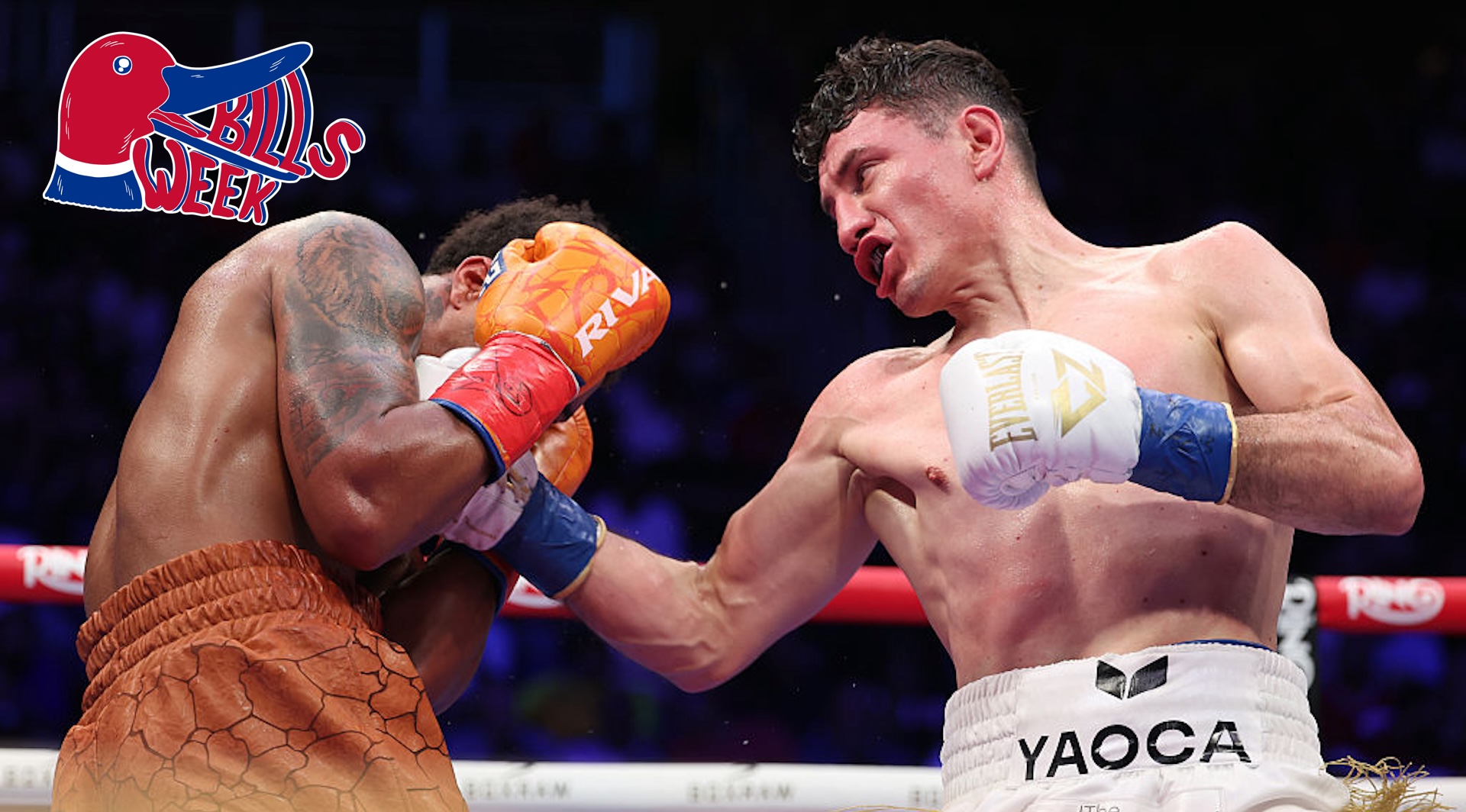Yesterday, The New Republic owner and Editor-in-Chief Win McCormack published an article about New York Times columnist Nick Kristof's bid to be the governor of Oregon, titled "Nick Kristof for Governor." The article is predictably complimentary and tries its darnedest to make the case that Kristof has something valuable to offer the people of Oregon. What the article didn't initially mention is that McCormack's partner, Carol Butler, is heading up Kristof's nascent campaign efforts. This was obviously highly embarrassing and immediately ridiculed; by the end of the day, the story had been updated with a line noting the connection. Unfortunately for TNR, appending a tardy disclosure to the article didn't make it any less embarrassing.
In the article, McCormack, a major Democratic donor in Oregon who bought The New Republic in 2016 and recently set about making it more boring, casts Kristof as a man of the people who understands the plight of the working class. "In a very genuine sense, Nick never really left his hometown of Yamhill," McCormack writes of a guy who did in fact literally leave his hometown and, just a few months ago, declined to say when he moved back. McCormack continues:
He and [his wife] Sheryl have regularly returned to the family farm, which now produces wine grapes and cider apples instead of sheep’s wool and cherries, and where his mother still lives. His children, as he puts it, "become farm kids for the summer." He has maintained close friendships in the town throughout his adult life, something manifest in the PBS documentary on Amazon Prime Video with the same title as the new book. He and Sheryl purchased their own property near the family farm in 1993.
From here McCormack jumps, without irony, into "the crisis of the American working class," which he says Kristof identifies as the "withering of its social institutions." The other crises afflicting the working class, which McCormack via Kristof says are "stagnant wages, the disappearance of well-paying union jobs, and the lack of upward mobility," get a requisite mention and are then dismissed in favor of pondering the loss of "social cohesion," also a hobby horse for Kristof's colleague David Brooks. (It's almost as if wealthy liberals with perches at the New York Times are perhaps a little out of touch!) McCormack gives ample consideration to Kristof's book—which he wrote with his wife last year, presumably as a way to shore up his local bonafides ahead of his foray into politics—and the story it supposedly tells about "working class" people in Oregon. Two of Kristof's childhood friends died premature "deaths of despair" following substance abuse problems and run-ins with the law, which McCormack says are "emblematic of the crisis in the American working class." Later, drawing from the book again, McCormack writes, "The town of Yamhill once boasted a Masonic Lodge, an Odd Fellows secret society, a women’s association, a Veterans of Foreign Wars post, and a playful gossip section in the local weekly; although the four churches in town still stand, those other conduits for social intercourse have vanished." After invoking Robert Putnam and more fretting about the social fabric of America, McCormack notes that "most every adult whose misery is recounted" in Kristof's book voted for Donald Trump.
McCormack writes that Kristof "thinks holistically," quotes Bill Clinton praising Kristof's coverage of poor people, and briefly cites a memo Kristof wrote outlining what his goals as governor would be, which include "bolstering education [to] make economic development easier." It's also unclear how McCormack obtained the memo, especially since Kristof is still playing coy about his political ambitions, declining to speak to Vanity Fair for a piece that was published today by saying he was "focused on Oregon publications rather than national ones.”
What McCormack doesn't cover at all is what Kristof has actually spent his past few decades of professional life doing. Perhaps that's because an honest appraisal of Kristof's work—much of which, especially his crusading columns about sex work, is oriented around a savior mentality that's been lampooned by McCormack's own magazine and some of which has been revealed to be based on fabrications—wouldn't make for a convincing sell. Kristof is one of the most well-known newspaper columnists in America. But what exactly does a person who spent his life marinating in New York Times stardom have to offer the people of Oregon? McCormack never really bothers to explain, as the article ends rather hastily on an impossibly vague rejoinder: "Nick’s record of success, so far, is pretty good."
If that's the most stirring endorsement a close relationship with the wife of the owner of one of the most visible political magazines in the country can buy Kristof, then he might want to start rethinking his candidacy now.







